
Wall brown
The wall brown or 'wall' gets its name from the fact it rests on any bare surface or wall! It can be found in open, sunny places like sand dunes, old quarries, grasslands and railway cuttings.

The wall brown or 'wall' gets its name from the fact it rests on any bare surface or wall! It can be found in open, sunny places like sand dunes, old quarries, grasslands and railway cuttings.
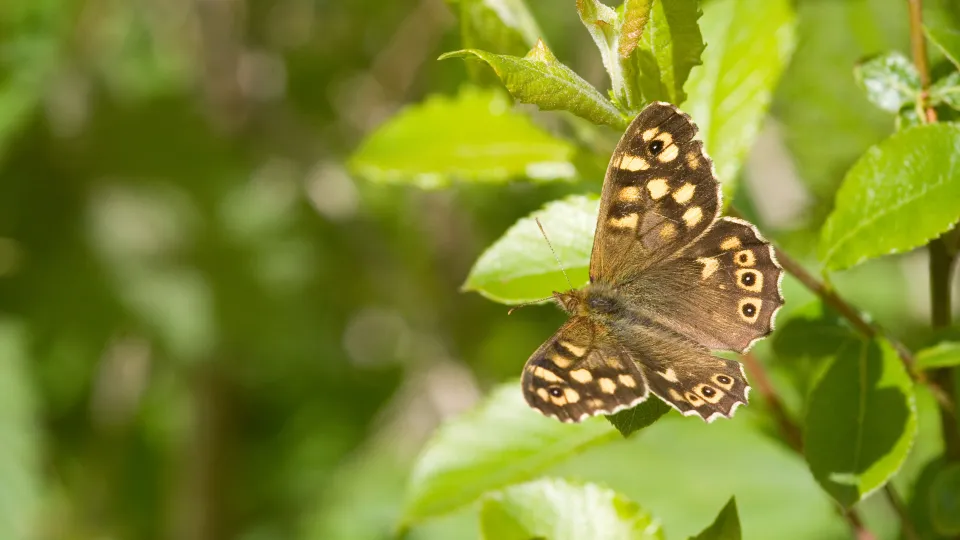
The speckled wood prefers the dappled sunlight of woodland rides and edges, hedgerows and even gardens. Despite declines, its range has spread over recent years.
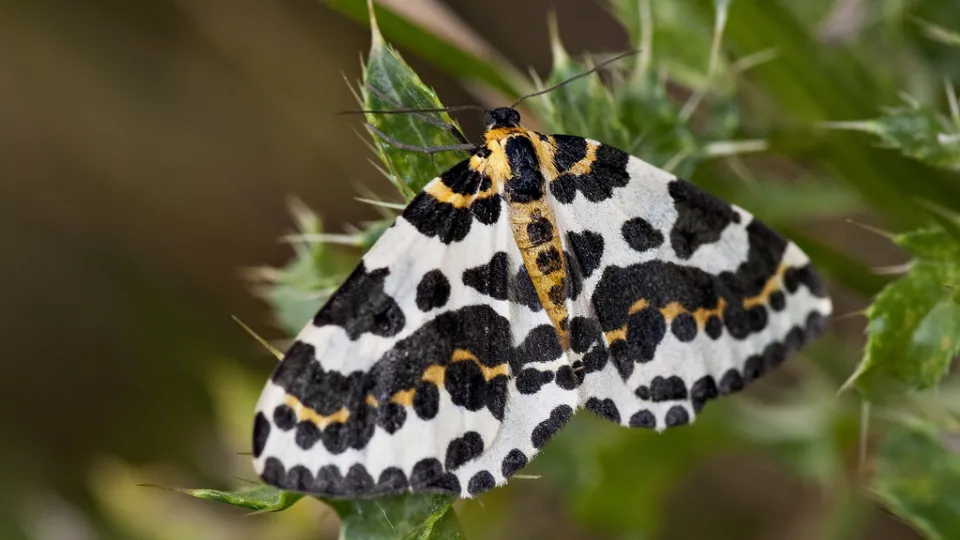
The magpie is a distinctive moth with striking black and yellow spots on white wings. It is a frequent garden visitor, but also likes woodland, scrub and heathland.
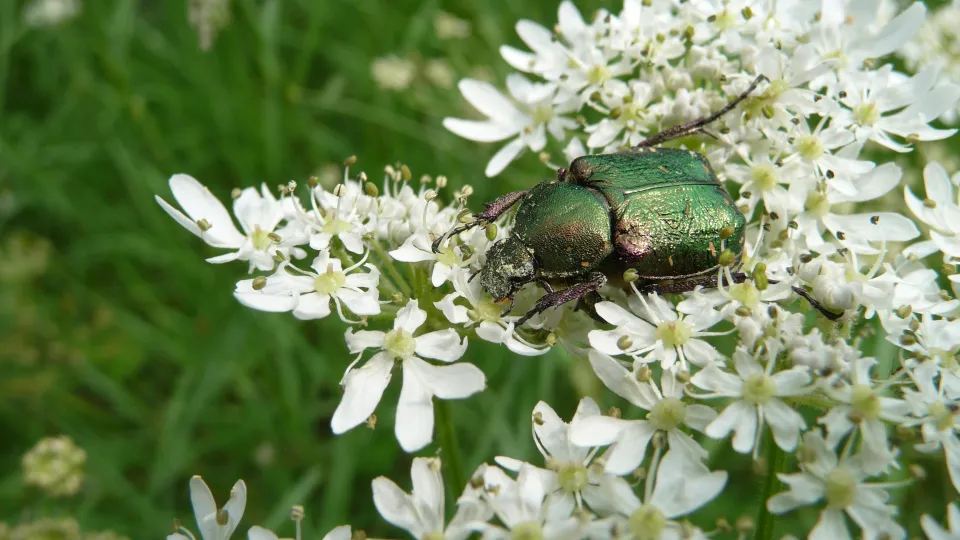
The Noble chafer is a rare and beautiful metallic-green beetle that can be found in traditional orchards. It is on the wing over summer, feeding on umbellifers. The larvae live in the decaying wood of old trees.
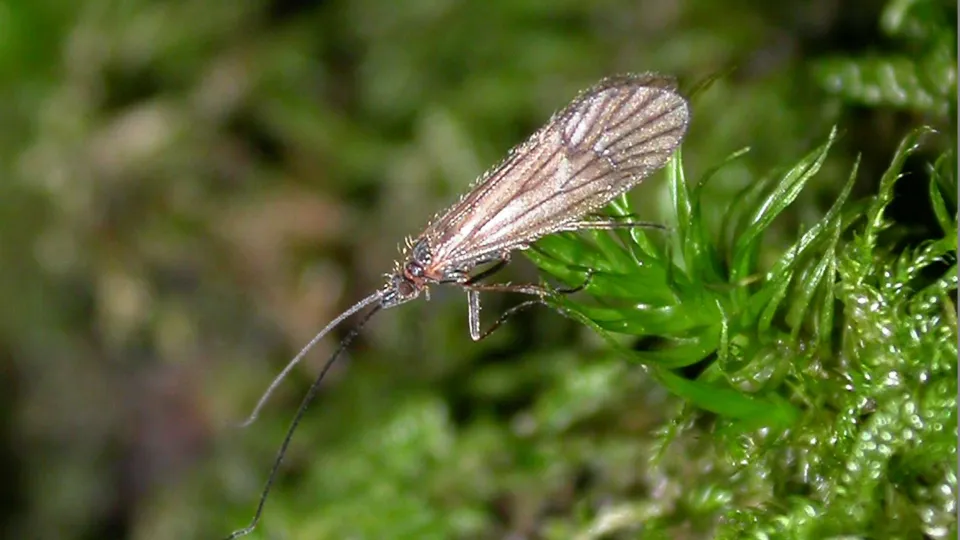
The Land caddis is the only caddisfly in the UK to spend its entire time on land, with no stage in water. Look in oak leaf litter over winter to see the grainy cases of the larvae, in which they turn into adults.
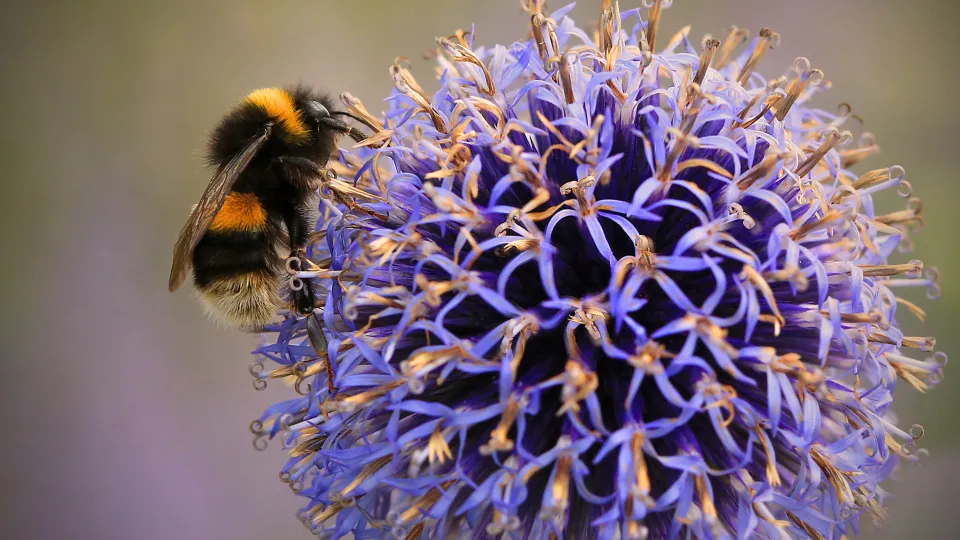
Spot these giants of the bumblebee world during springtime. They can be seen buzzing from flower to flower getting their pollen fix.
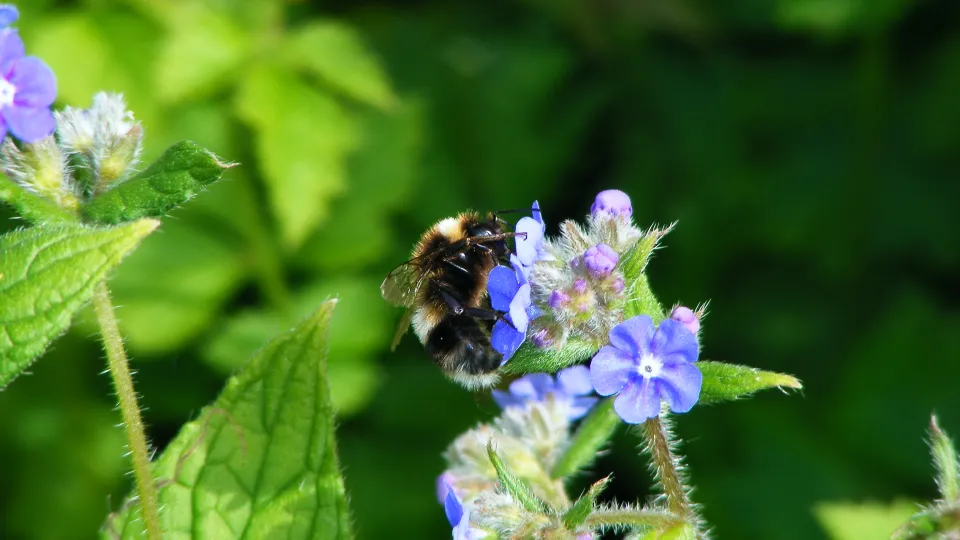
The Heath bumblebee is not only found on heathland, but also in gardens and parks. It nests in small colonies of less than 100 workers in all kinds of spots, such as old birds' nests, mossy beds and even roofs!
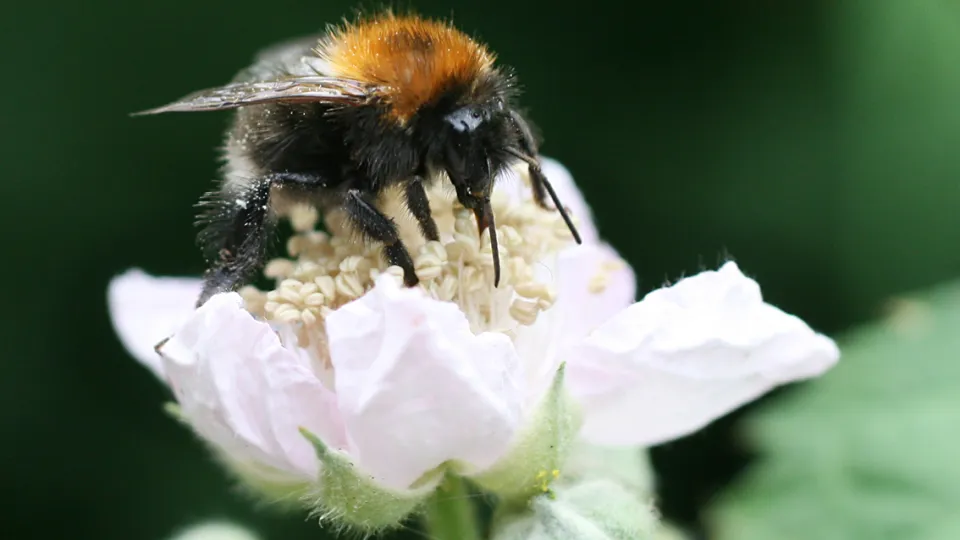
The Tree bumblebee is a new arrival to the UK. First recorded here in 2001, it is slowly spreading north. It prefers open woodland and garden habitats and can be found nesting in bird boxes and roof spaces.
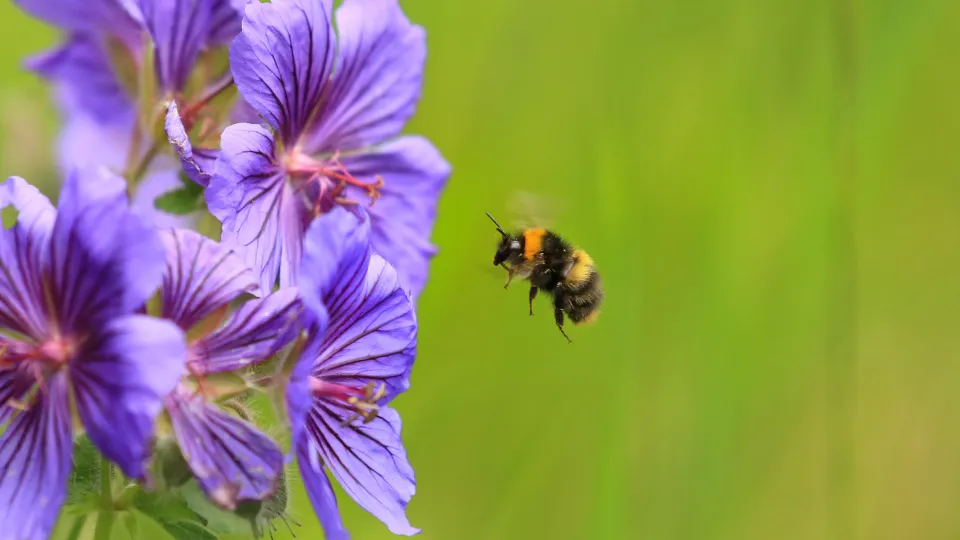
One of our prettiest and smallest bumble bees, the early bumblebee has a bright orange tail and lemon-yellow bands on its body. It is very common and can be found in all kinds of habitats in early spring.
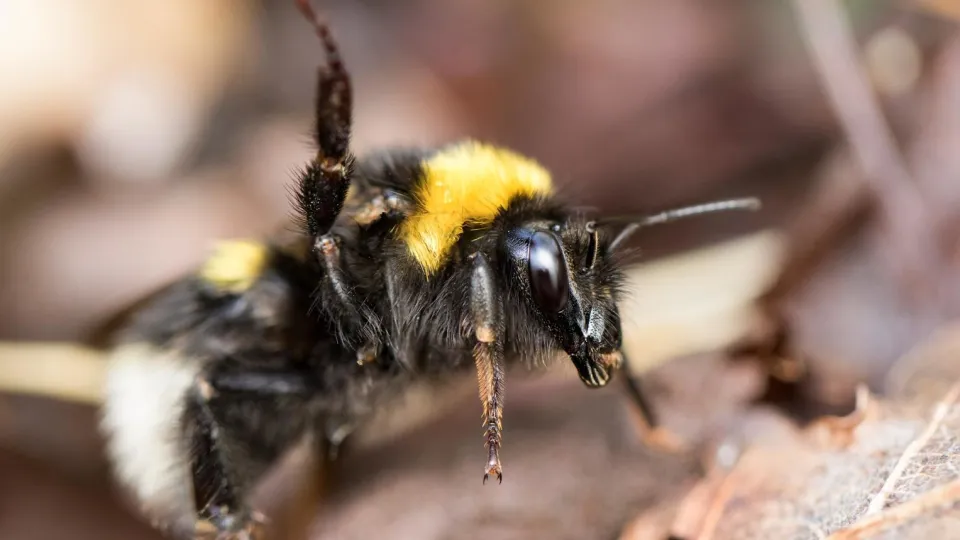
Unsurprisingly, the garden bumblebee can be found in the garden, buzzing around flowers like foxgloves, cowslips and red clover. It is quite a large, scruffy-looking bee, with a white tail. It nests in colonies.